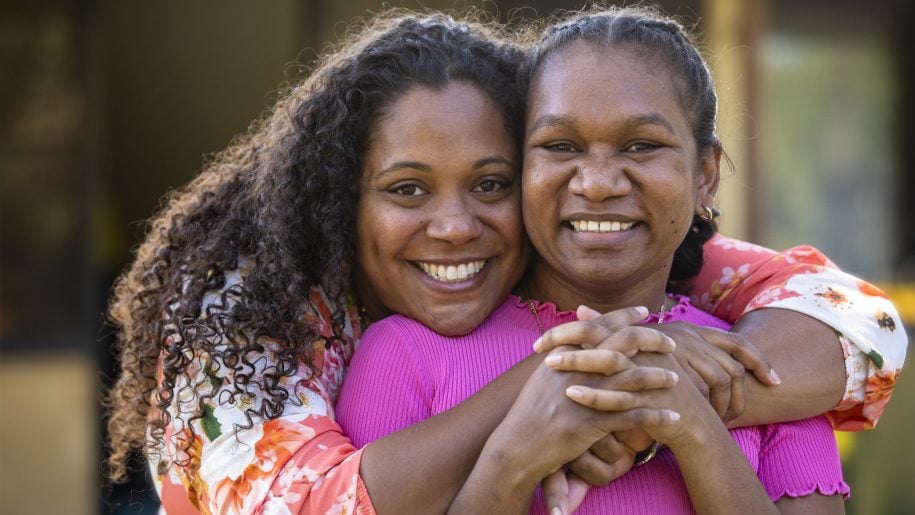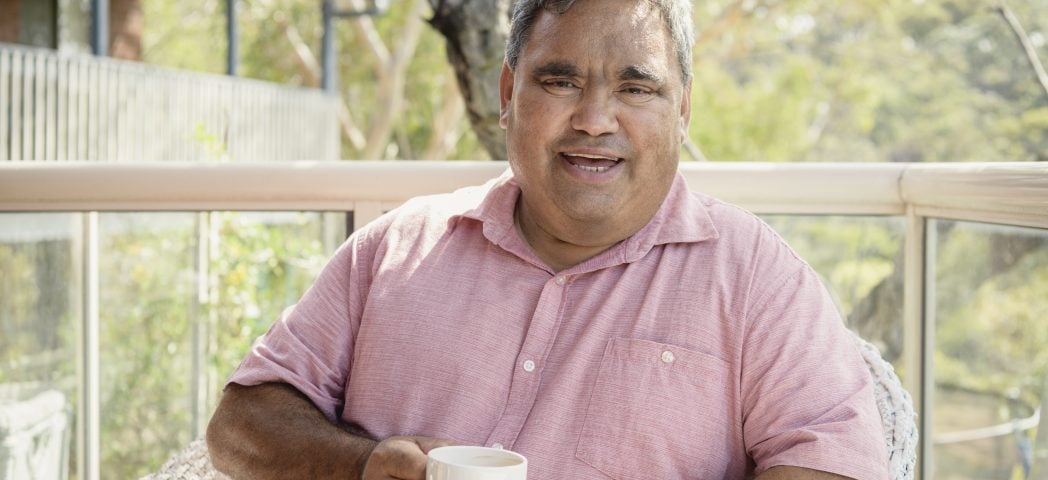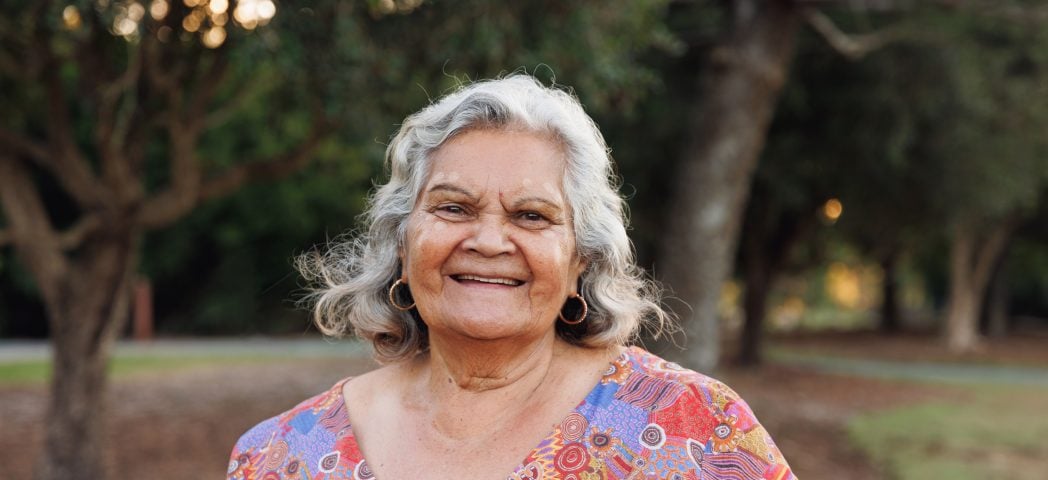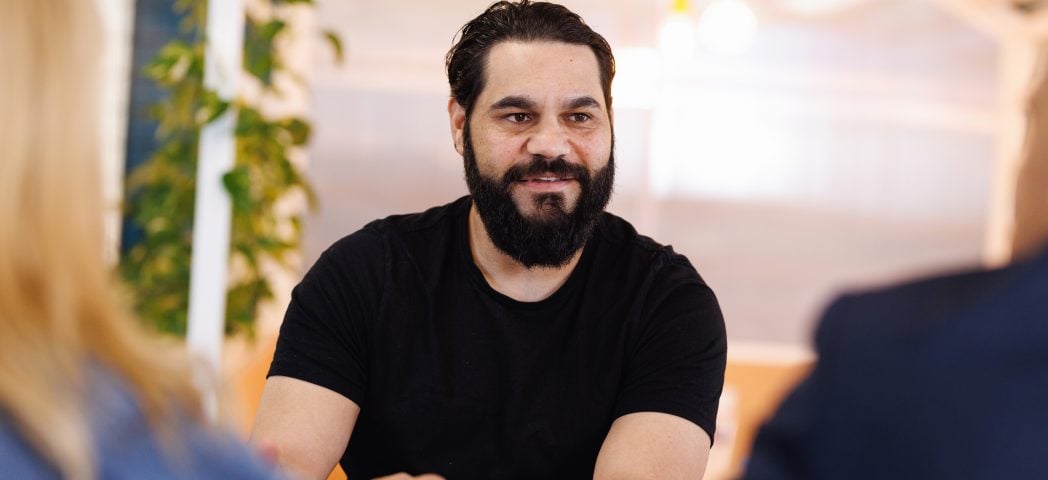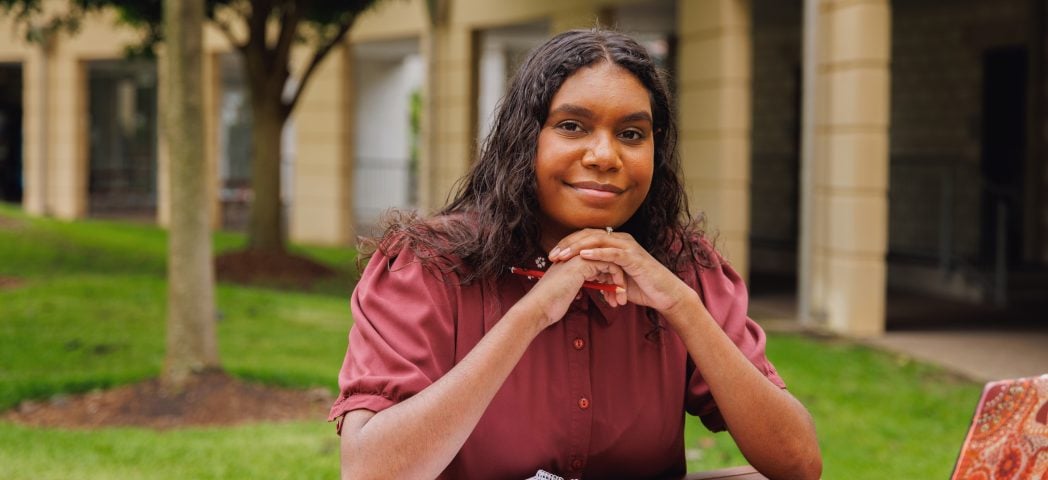References
Armstrong, G., Ironfield, N., Kelly, C. M., Dart, K., Arabena, K., Bond, K., & Jorm, A. F. (2017). Re-development of mental health first aid guidelines for supporting Aboriginal and Torres Strait Islanders who are engaging in non-suicidal self-injury. BMC Psychiatry, 17, Article 300. https://doi.org/10.1186/s12888-017-1465-1
Gee, G., Dudgeon, P., Schultz, C., Hart, A., Kelly, K. (2014). Aboriginal and Torres Strait Islander social and emotional wellbeing. In Dudgeon, P. Milroy, H. Walker, R. (Ed.), Working together: Aboriginal and Torres Strait Islander mental health and wellbeing principles and practice (2nd ed.,pp. 55-68). Canberra: Department of the Prime Minister and Cabinet.
Nolan-Isles D, Macniven R, Hunter K, Gwynn J, Lincoln M, Moir R, Dimitropoulos Y, Taylor D, Agius T, Finlayson H, Martin R, Ward K, Tobin S, Gwynne K. Enablers and Barriers to Accessing Healthcare Services for Aboriginal People in New South Wales, Australia. Int J Environ Res Public Health. 2021 Mar 15;18(6):3014. doi: 10.3390/ijerph18063014. PMID: 33804104; PMCID: PMC7999419.
Sivertsen N., Harrington A., Hamiduzzaman M. Exploring Aboriginal aged care residents’ cultural and spiritual needs in South Australia. BMC Health Serv Res. 2019 Jul 12;19(1):477. doi: 10.1186/s12913-019-4322-8. PMID: 31299950; PMCID: PMC6624992.

